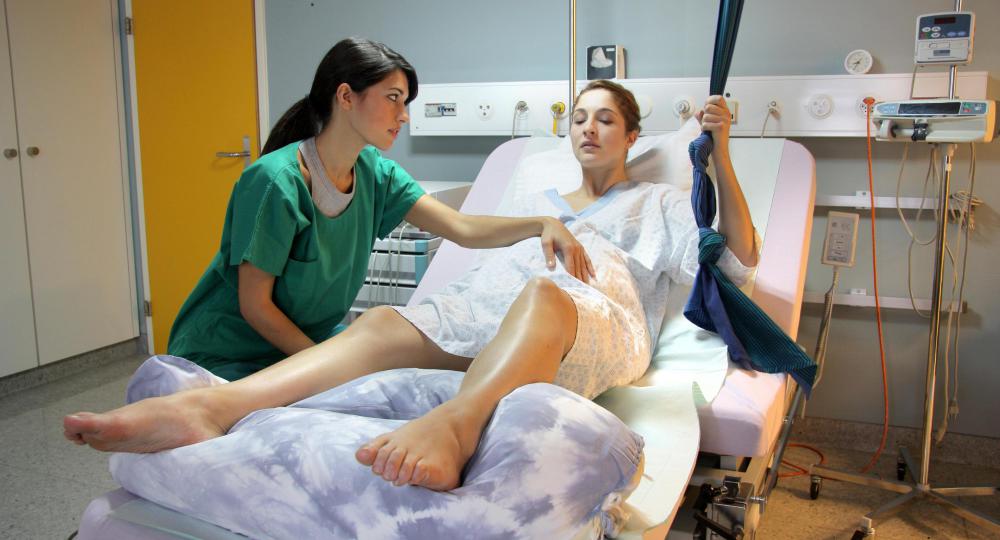At WiseGEEK, we're committed to delivering accurate, trustworthy information. Our expert-authored content is rigorously fact-checked and sourced from credible authorities. Discover how we uphold the highest standards in providing you with reliable knowledge.
What is the Relationship Between Pregnancy and Piles?
The relationship between pregnancy and piles can be linked to hormonal and weight changes in the body. Piles, also known as hemorrhoids, result from swollen veins in or around the rectum or anus. If piles protrude outside of the body, they may look like a miniature bunch of grapes. While the most common cause of piles in pregnancy is constipation, they can also be caused by labor and obesity.
Pregnancy and piles often go hand in hand for women who suffer from constipation while pregnant. Constipation can be associated with hormone changes in the body, as the pregnancy hormone progesterone slows down the digestive process, causing food to move more slowly through the intestine. When food stays in the intestine longer, more water may be pulled out of digested food, causing constipation.

Constipation may cause pregnant women to sit on the toilet longer or push harder to produce a bowel movement as well. Pushing causes pressure on the small veins in or around the anus and rectum, causing a weakening of the vein wall. In severe cases, breaks in the weakened skin may result in bleeding from the rectum area. Blood may be noticed on bathroom tissue or in the toilet after a bowel movement.

During labor, the same pushing movement used during a difficult bowel movement is encouraged. Bearing down helps move the infant through the birth canal. Pushing is required for vaginal labor, in most cases, but it can also be the connection between pregnancy and piles. Due to menstrual bleeding after birth, many women do not notice bleeding piles, but pain during bowel movements, itching, and burning may be more noticeable symptoms.

Pregnant women who are obese or severely overweight may be more prone to piles. Though pregnancy and piles are often associated with voluntary pressure and pushing, obese pregnant women may have increased pressure on rectal veins involuntarily due to extra body weight. When sitting down on the toilet for a bowel movement, the extra weight may cause enough pressure to cause a protrusion of the vein wall.

Doctors may suggest several treatment options for pregnancy and piles, including icing piles for 20 minutes or applying witch hazel to piles to reduce swelling. Later in pregnancy, women may need help applying these or other treatments as prescribed by a doctor. Increasing fiber and water intake during pregnancy may help prevent constipation, but pregnant patients should discuss how much fiber is appropriate during pregnancy with an obstetrician.
AS FEATURED ON:
AS FEATURED ON:

















Discuss this Article
Post your comments